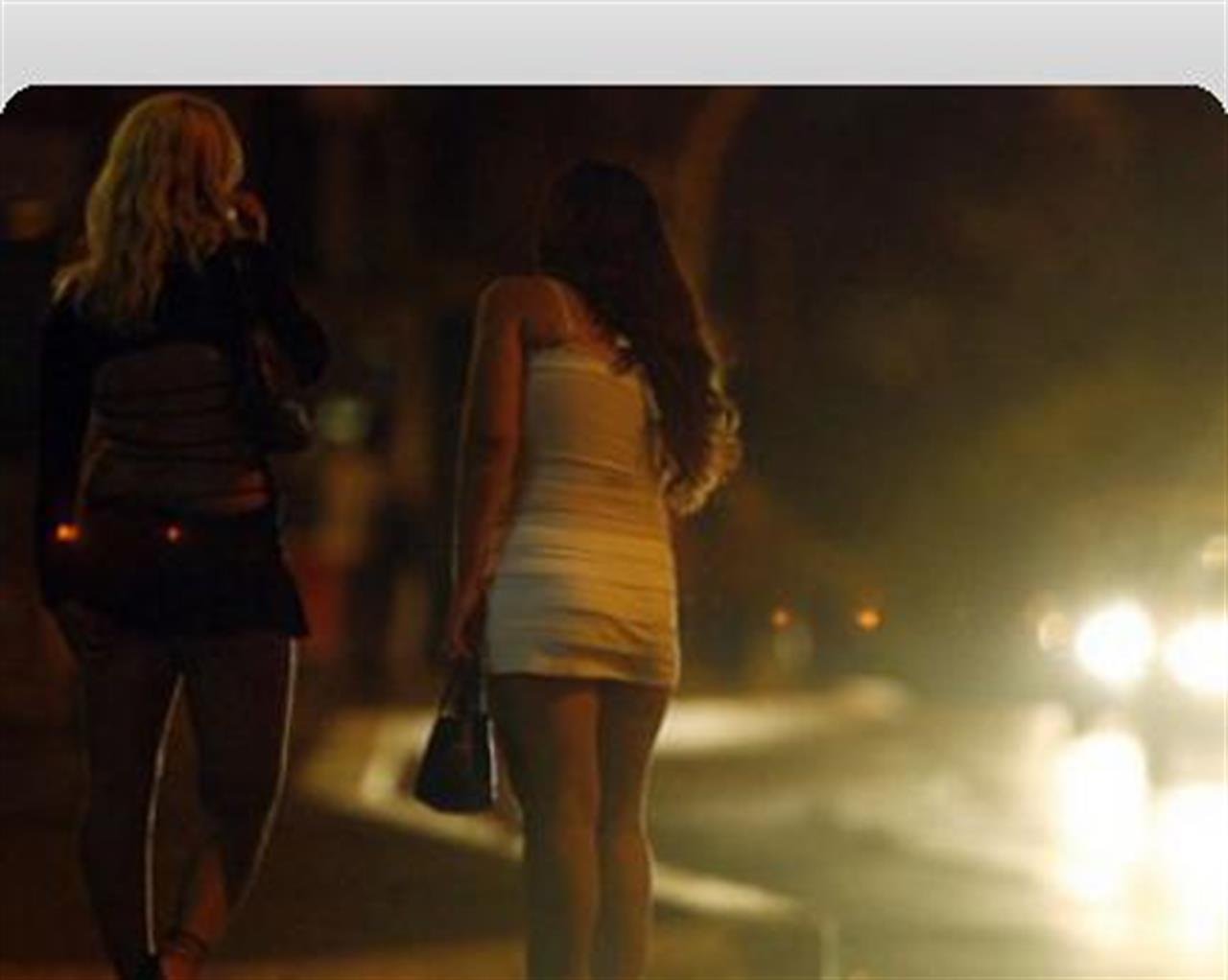Non profit
Anti-Trafficking Day
A two day EU conference tries to tackle a plethora of issues associated with human trafficking.
di Staff

October 18 marks the fourth annual European Union Anti-trafficking day. For the occasion the Belgian Presidency of the EU is hosting a two day conference on the subject, bringing together government official and civil society actors.
The title of the event is “Towards a multidisciplinary approach to prevention of trafficking in human beings, prosecution of traffickers and protection of victims.”
Prevention, partnership, prosecution or protection? The European Commission and several anti-human trafficking NGO’s have released statements highlighting what they believe are the main issues that should be discussed during the conference. While they all agree more needs to be done to put an end to this loathsome crime there is a disaccord on how to attack the problem.
The European Commission released a report October 18 that calls for better protection of victims.
Cecilia Malmström, EU Commissioner for Home Affairs says, “We cannot accept that, while several hundred thousand victims are estimated to be trafficked every year within and into the EU, only a few thousand victims are assisted.”
To insure that victims receive the proper support the commission is urging member states to make better use of the Directive 2004/81/EC already in place since 2004. It allows member states to give victims residency permits in exchange for their cooperation with investigation authorities.
In March 2010 the commission proposed a new EU directive to fight trafficking.
Three British anti-trafficking organisations, ECPAT UK, 38 Degrees and Anti-Slavery, launched a petition on this EU day, demanding that the British government opt into this new directive.
Anti-Slavery says, “the UK cannot afford to be complacent, otherwise we will loose the fight against traffickers.”
In the July the British government said it would opt out of the new directive, because it says that British laws on trafficking already meet the standards set out by the new directive.
But the French organisation Le Mouvement du Nid (the Nest Movement) says that it is not enough for member states to have tough national laws and is using the day to draw attention to the “importance of transnational partnerships.”
Isabelle Collot, head of this Strasbourg group, explains that sex workers in Strasbourg “can live with who they want [in Germany] and that person is safe from being prosecuted for pimping,” because prostitution is not a crime in German, unless it is proved forced, like it is in France.
Since 2002 her organisation has partnered with the German organisations Freija and Diakonie.
Meanwhile, the European Women’s Lobby (EWP) worries that the term human trafficking is too broad and says that it should not be treated as a “gender neutral issue.”
“Seventy-nine per cent of trafficking in human beings is for sexual exploitation, and more than 80 per cent of these victims are women,” says President of the EWP Brigitte Trieas.
The EWP is calling on the EU to focus on prevention by addressing demand for prostitution, which it says fuels trafficking in women for sexual exploitation.
The Anti-Trafficking Day was established in 2007, following a recommendation of the parliament, and a proposal by the commission. Its mission is to raise awareness on the need for better policy aimed at preventing and combating trafficking in human beings.
Cosa fa VITA?
Da 30 anni VITA è la testata di riferimento dell’innovazione sociale, dell’attivismo civico e del Terzo settore. Siamo un’impresa sociale senza scopo di lucro: raccontiamo storie, promuoviamo campagne, interpelliamo le imprese, la politica e le istituzioni per promuovere i valori dell’interesse generale e del bene comune. Se riusciamo a farlo è grazie a chi decide di sostenerci.
